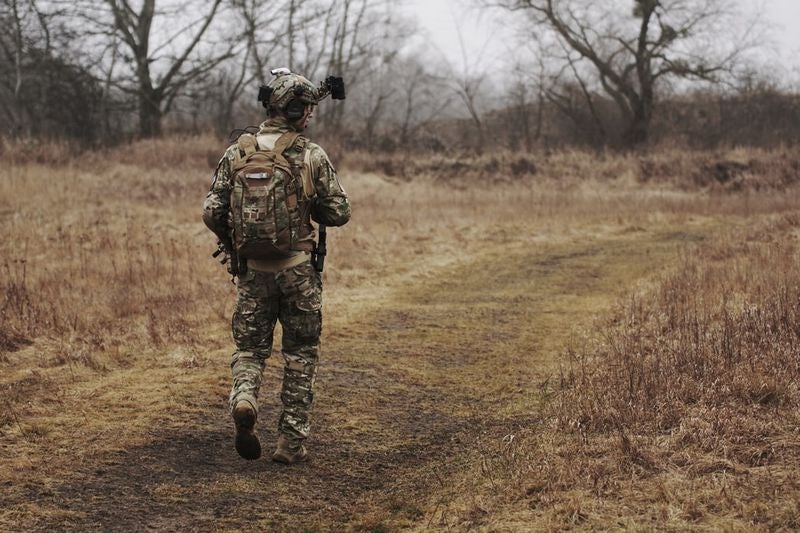
The US Department of Defense (DoD) has awarded funding for a study to analyse the use of intercept plasma in traumatic burn resuscitation.
Cerus will supply intercept plasma for the Plasma Resuscitation Without Lung Injury (PROpOLIs) study.
The project is sponsored by NTI and will be funded by the US DoD Joint Programme Committee 6 (JPC-6) Combat Casualty Care Research Programme and the Congressionally Directed Medical Research Programmes (CDMRP).
Approximately 10% of combat casualties in Afghanistan and Iraq have a thermal injury, which indicates the impact improvised explosive devices (IEDs) have as an injury mechanism.
The primary aim of the study is to analyse intercept plasma as an effective resuscitation fluid in patients with major burns.
Cerus CEO Obi Greenman said: “The goal of this study is to improve the outcomes of patients being treated for major burns and to affect a volume-sparing intervention that reduces endothelial injury and consequent organ dysfunction.
How well do you really know your competitors?
Access the most comprehensive Company Profiles on the market, powered by GlobalData. Save hours of research. Gain competitive edge.

Thank you!
Your download email will arrive shortly
Not ready to buy yet? Download a free sample
We are confident about the unique quality of our Company Profiles. However, we want you to make the most beneficial decision for your business, so we offer a free sample that you can download by submitting the below form
By GlobalData“We believe the successful outcome of this study could have implications for volume resuscitation across multiple indications in which crystalloid and colloid solutions have been used for early volume replacement.”
The study will see 94 patients randomised between an INTERCEPT plasma (test) arm and a crystalloid-based solution (control) arm.
It will be conducted at five burn centres in the US, with intercept plasma supplied by Cerus. It is expected to commence in 2020.
The study will evaluate the primary endpoint of a reduction in the 24-hour and 48-hour resuscitation volumes.
It will also review the reduction of the incidence of acute respiratory distress syndrome, multi-organ failure and other resuscitation-related morbidities.
US Army Burn Center, Fort Sam Houston, director and PROpOLIs principal investigator Dr Leopoldo Cancio said: “Fluid replacement that also corrects the EoB may provide valuable clinical benefit, including reduced morbidity, shorter ICU stay, decreased hospital costs and improved survival.”







